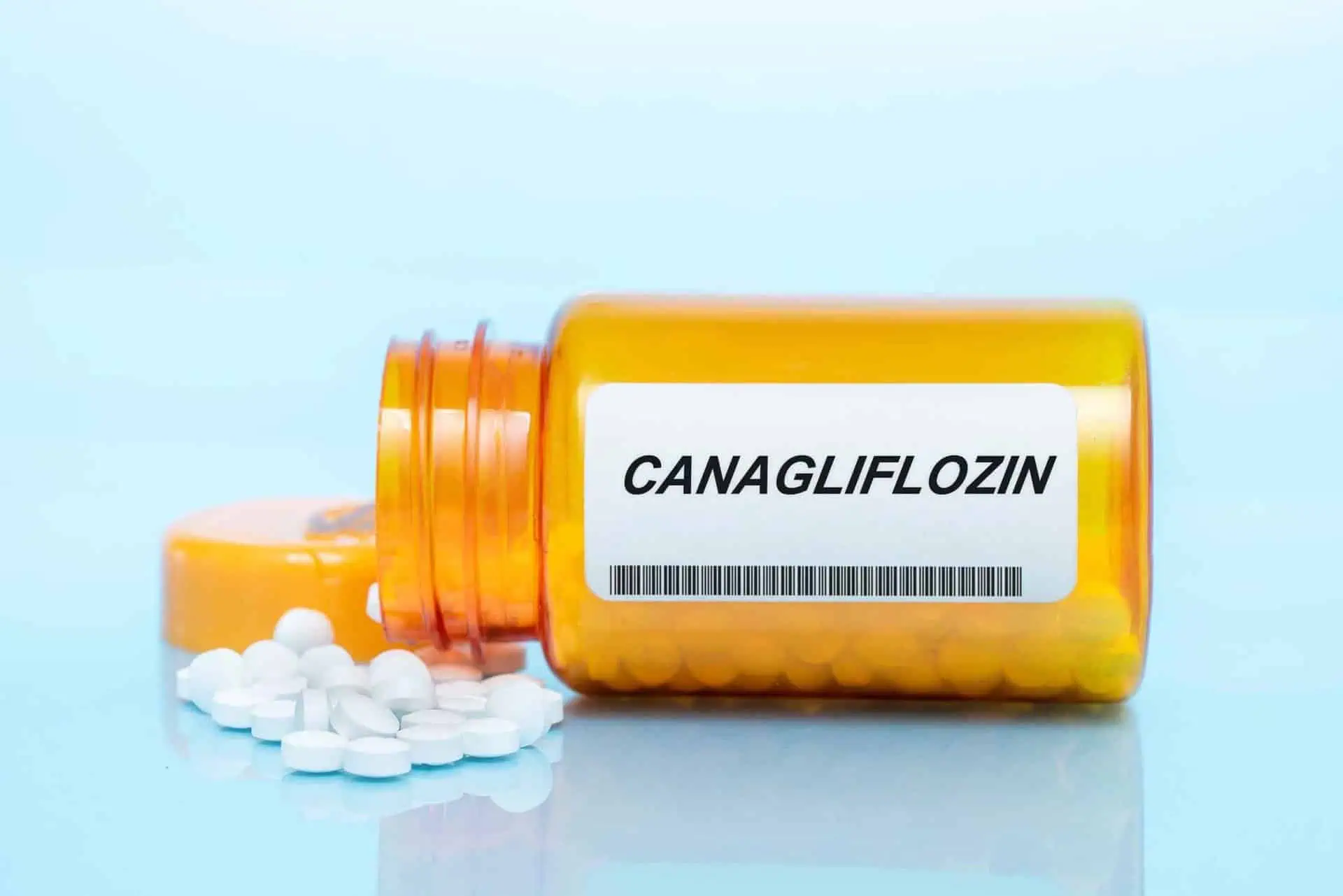On May 15, 2015 FDA issued a safety warning that the type-2 diabetes mellitus (DM) drugs canagliflozin (Invokana, Johnson & Johnson), dapagliflozin (Farxiga, AstraZeneca plc) and empagliflozin (Jardiance, Boehringer Ingelheim GmbH and Eli Lilly & Company) belonging to SGLT-2 class inhibitors may cause diabetic ketoacidosis, a serious condition that makes blood acidic due to the presence of ketones.
Invokana Lawsuit
- Last Updated: January 15th, 2026
Intro to the Invokana Lawsuit
Invokana lawsuits are currently being filed against the manufacturer of Invokana, Johnson & Johnson, on behalf of individuals who believe they were injured as a result of using the popular type II diabetes drug, Invokana.

Type II diabetes drugs including Invokana, Jardiance, Farxiga, and Invokamet are linked to serious injuries including Diabetic Ketoacidosis, Kidney Failure, Bladder Cancer and others.
FDA WARNS – Invokana, Farxiga and Jardiance Linked to Diabetic Ketoacidosis and Kidney Failure
FDA Warning
According to the FDA safety alert, patients should stop taking their SGLT2 inhibitor and seek medical attention immediately if they have any symptoms of ketoacidosis, a serious condition in which the body produces high levels of blood acids called ketones.
SGLT-2 inhibitors (including Invokana, Farxiga and Jardiance) are a class of FDA approved drugs prescribed for type-2 diabetes patients in conjunction with diet and exercise to lower blood glucose levels.
These drugs block glucose reabsorption from the kidney, thus increasing urinary glucose excretion and reducing blood glucose levels.
Diabetic Ketoacidosis
Diabetic Ketoacidosis is an acute metabolic complication of diabetes, also referred to as diabetic ketoacidosis (DKA).
DKA occurs when insulin levels are inadequate to meet the body’s basic metabolic requirements.
Insulin deficiency leads to the formation of free fatty acids due to the breakdown of triglycerides and amino acids, which get converted to highly acidic ketone bodies, leading to acidosis.
Symptoms include nausea, vomiting, and abdominal pain that can progress to kidney failure, cerebral edema, coma, and death.
Symptoms of Diabetic Ketoacidosis
Symptoms of Diabetic Ketoacidosis include, but are not limited to:
- Abdominal Pain
- Excessive Thirst
- Lower stomach or pelvic pain
- Nausea
- Rapid Weight Loss
- Signs and symptoms of a urinary tract infection (which includes a feeling of burning when urinating or the need to urinate often or right away)
- Sweet smell to the breath and/or a sweet metallic taste in the mouth
- Tiredness
- Trouble Breathing
- Vomiting
WARNING: Untreated symptoms of ketoacidosis can lead to kidney failure, cerebral edema, coma or death.

Attorney Jessica Paluch-Hoerman, founder of TruLaw, has over 28 years of experience as a personal injury and mass tort attorney, and previously worked as an international tax attorney at Deloitte. Jessie collaborates with attorneys nationwide — enabling her to share reliable, up-to-date legal information with our readers.
Legally Reviewed
This article has been written and reviewed for legal accuracy and clarity by the team of writers and legal experts at TruLaw and is as accurate as possible. This content should not be taken as legal advice from an attorney. If you would like to learn more about our owner and experienced injury lawyer, Jessie Paluch, you can do so here.
Fact-Checked
TruLaw does everything possible to make sure the information in this article is up to date and accurate. If you need specific legal advice about your case, contact us by using the chat on the bottom of this page. This article should not be taken as advice from an attorney.
Additional Invokana Lawsuit resources on our website:
A serious injury can have life-altering results.
Don’t settle for less than you deserve. Speak with an experienced injury lawyer from TruLaw today.
Table of Contents
At TruLaw, we fiercely combat corporations that endanger individuals’ well-being. If you’ve suffered injuries and believe these well-funded entities should be held accountable, we’re here for you.
With TruLaw, you gain access to successful and seasoned lawyers who maximize your chances of success. Our lawyers invest in you—they do not receive a dime until your lawsuit reaches a successful resolution!
A serious injury can have life-altering results.
Don’t settle for less than you deserve. Speak with an experienced injury lawyer from TruLaw today.
